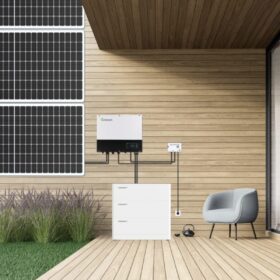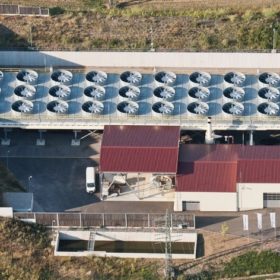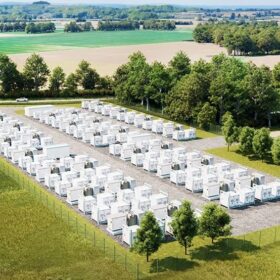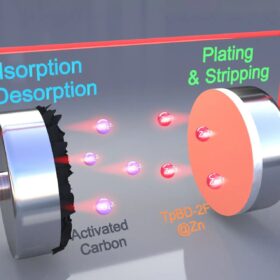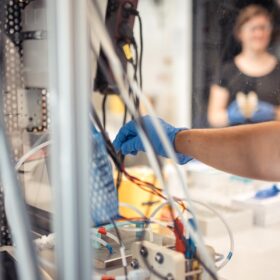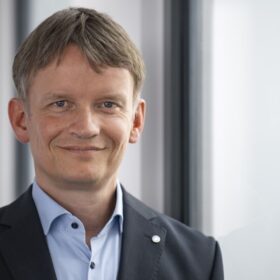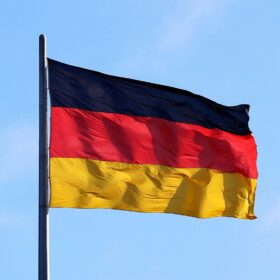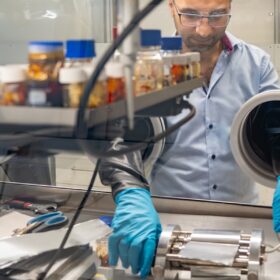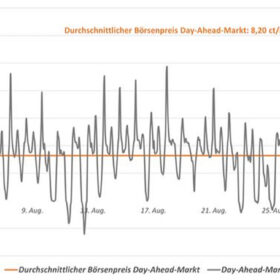German companies launch ‘world’s largest’ plug-in PV system
Indielux and EPP Solar have released the “world’s largest” plug-in PV system, a 6 kW unit with a power storage option that connects to existing electrical setups via a safety plug. It is available in Germany, France, Austria, Poland, and Spain.
Fraunhofer ISE developing lithium extraction processes in Germany
The ThermIon project is intended to take into account the entire process chain from the pretreatment of the brine to lithium extraction and lithium carbonate or lithium hydroxide crystallization to the controlled return of the brine. The new process is intended to be both environmentally friendly and economical.
SMA Altenso to build 92.5 MW battery park in Germany
MEAG, the asset manager of Munich Re and Ergo Group, has acquired all shares in the ready-to-build storage project in the German state of North Rhine-Westphalia. SMA Altenso is to provide the full EPC and O&M services for the battery park, which is scheduled to go online in the second half of 2025.
Researchers extend lifespan of aqueous zinc-ion batteries
The method developed at the Technical University of Munich is intended to make several hundred thousand charge and discharge cycles possible in the future instead of a few thousand. A special protective layer for the zinc anodes of the batteries is crucial.
German researchers develop highly efficient alkaline membrane electrolyzer
The new electrolyzer is designed to match the performance of established PEM electrolyzers. Its anode catalyst consists of inexpensive nickel double hydroxide compounds with iron, cobalt or manganese.
Meyer Burger CEO resigns
Meyer Burger CEO Gunter Erfurt has resigned, with Franz Richter named as his successor. CFO Markus Nikles is also stepping down as part of the company’s restructuring, which includes job cuts, particularly in Europe.
Germany’s new solar installations hit 790 MW in August
Germany’s new solar installations surged to 790 MW in August, contributing to 10.23 GW of newly installed PV capacity for the first eight months of this year.
Aluminium-polymer battery for stationary electricity storage
The device developed by TU Bergakademie Freiberg researchers uses aluminum as an anode, graphite as a cathode, and a polymer-based solid electrolyte. It is being validated and further developed for industrial production. The goal is storage capacity of 10 kWh.
Germany’s Fellensiek files for insolvency
German PV project developer Fellensiek Projektmanagement GmbH & Co. KG has filed for insolvency due to claims from an unnamed investor. However, the company’s 20 project entities remain unaffected, and buyers are being sought for their sale.
German energy market caps turbulent August with 68 hours of negative prices
Rabot Charge, a German renewable energy supplier, says the average spot electricity price in August rose slightly from July to €0.082 ($0.09)/kWh. The increase was due to a slightly below-average share of renewable sources in grid electricity.
